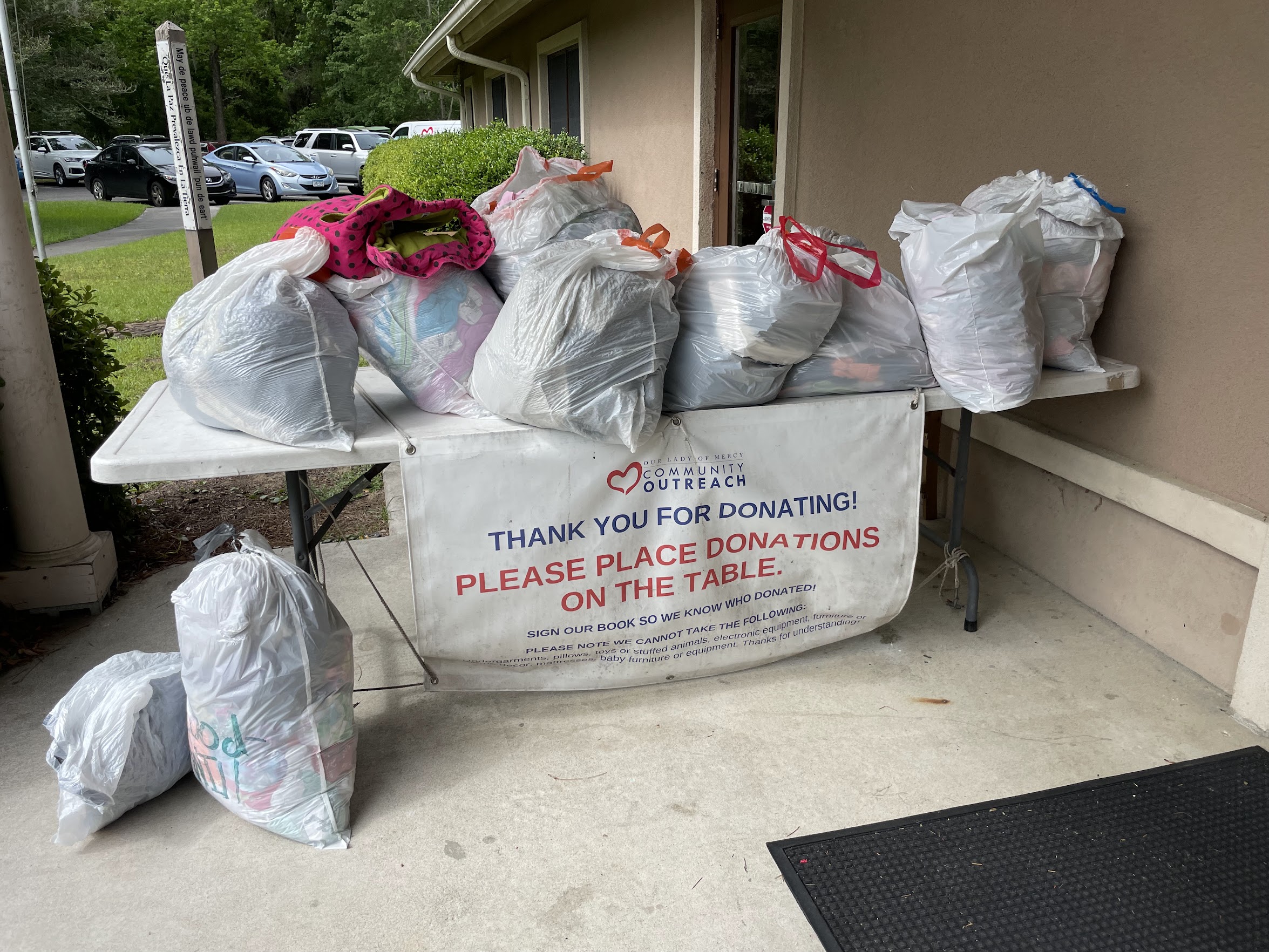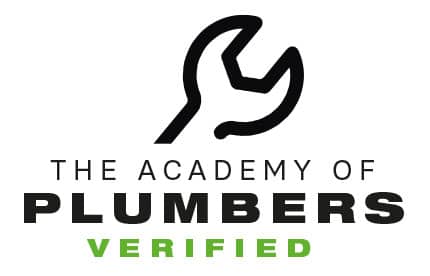If you’re not prepared, a disaster could put your business and your employees at risk, possibly shutting down your business forever.
According to FEMA almost 40 percent of small businesses never reopen their doors following a disaster because just a few inches of water can cause tens of thousands of dollars in damage.
Transworld Electric was only 2 years old when Hurricane Hugo made landfall outside of Charleston, we understand the importance of preparing and planning for hurricane season. This 5 Step Hurricane Safety Plan is a great way to start preparing your business for hurricane season in Charleston.
(1.) Develop a written plan.
An effective hurricane plan should be written down and reviewed annually. Every year you should assess changes in your business or to the community that may affect your hurricane response plan and make the necessary changes each year.
(2.) Educate your employees.
Communicate your hurricane plan with your all personnel; ensure understanding of roles, responsibilities, and expectations for every employee. Be sure to communicate areas of accountability and responsibility for key personnel and how to perform their emergency-response duties effectively. Also, identify essential employees and which of them, if any, are required to be on-site in the days surrounding a hurricane. The policy should identify when employees will be released from work as well as when they are expected to return.
(3.) Develop procedures for all phases of hurricane operations.
- Pre-Season Preparedness
- Hurricane Watch
- Hurricane Warning
- After the Hurricane
Did you know that you are required by law to have and test regularly exit & emergency lighting systems? Do not take a chance with such serious matters: avoid serious liabilities and fines by having, maintaining and testing adequate exit and emergency lighting systems in your building.
(4.) Identify and protect vital records such as accounts receivable, customer records, tax records, and other personnel and administrative documents.
Identify all vital records onsite and make backup copies. Identify a safe storage level area within the facility where records can be relocated or consider moving off-site. Always protect your data with backup files. If dependent on data processing, consider an alternate site.Also, make provisions for alternate communications and power. If you have a generator, make sure it is serviced annually by a professional electrician.
(5.) Review insurance policies to ensure that there is adequate coverage.
Questions to ask include:
- Is the facility in a high hazard, evacuation area?
- Does the insurance package include wind/storm coverage?
- Is the facility located in a flood prone area and is the flood insurance adequate?
- Does insurance cover damage to contents, including vital records and office equipment?
- Does the package include liability coverage for injury to employees as well as potential lawsuits from customers?
** Safety Tip for After the Storm **
Use caution before entering your business. Check for power lines, gas leaks and structural damage. If any electrical equipment is wet, contact an electrician. Prepare loss information for insurance claims and get independent estimates of damages. Remeber to take pictures of any damage before you being cleaning-up.





